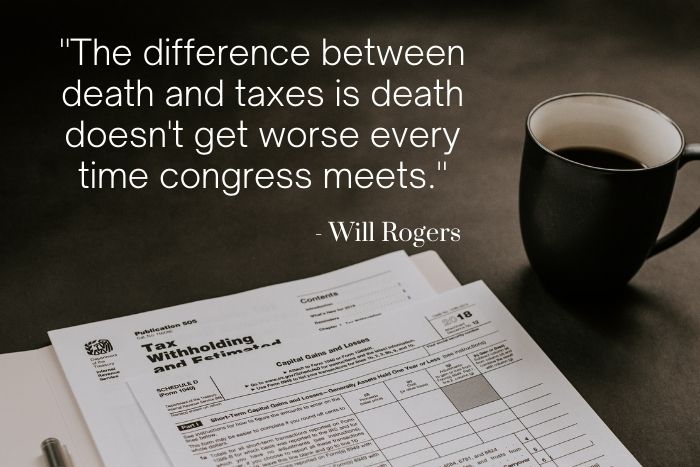Want to get audited by the IRS? Here’s 5 ways to increase your chances!

It’s that time of year, the frequency of Tax software ads and commercials reach levels of political ads prior to an election (w/o all the mud). There’s no question it is tax season! This is also the time of year we are most likely to think about the potential of being audited by the IRS. Even though the potential for an Audit is only about 1% for individuals and 2.5% for business owners, the simple math says out of 100 people you know, 1 or 2 will be getting to know the IRS on a more personal level this year.
For many business owners tax season is viewed as a dreaded time of the year when they are forced to sit down with their CPA and discuss the numbers of their business. It should be noted our experience shows that businesses that meet more regularly with their CPA’s (at a minimum quarterly) have a much better handle on the finances of their business. That discipline would be referred to as Tax Planning. Tax Planning is a good thing; it’s legal and highly recommended. If your business has any level of complexity, seeking consultation from a tax professional is always good advice. However, it’s sometimes tempting counterpart, Tax Evasion is another; Tax evasion is deliberately misrepresenting the state of your affairs to the IRS.
The “Tax Gap” is the difference between the amount of taxes that is owed and what is actually paid. There is an element of estimating to this, but recent estimations have the total between $600 million and $1 trillion a year in the US. Although a portion of this gap is individuals/companies intentionally trying to reduce the amount of taxes being paid, not all of “tax gap” is on purpose. There has been a lot of talk about simplifying the tax code in recent years, but it seems more like we’re doing the one step forward two steps back approach rather than making real progress.
The IRS typically does not view improper tax accounting as tax evasion, unless they determine there was fraudulent intent by the business owner or individual.
With estimates of up to $1 trillion dollars on the line, here are 5 discrepancies the IRS has been known to target should this be the year you are part of the 2.5% of audited businesses.
1) Discrepancies in Accounting.
- The amounts on the financial statements should match what is on the corporation’s return.
- Any irregularities raise questions.
2) Not reporting significant amounts of Income.
- Business owners not accurately reporting business receipts.
- Shareholders not reporting dividends they pay themselves.
3) Deduction Claims
- Grossly overstating travel expenses.
- Fictitious deductions.
- Stating personal expenses as business expenses.
- Overstating charitable contributions.
- Lack of Verification.
4) Improper distribution of income
- An example of this would be a stockholder directing income to a lower income bracket family member(s) to reduce their tax liability. (paying the kids)
5) Home Based Businesses & Home Office Deductions
- Confusion and assumptions created post COVID.
- Deducting more than allowable.
- Not following the IRS guidelines.
The list above is not meant to be a complete list. It would be logical to assume that during an audit, if something is uncovered that doesn’t add up, the auditors will naturally dig deeper in the area of the discrepancy. And the goal of this post is not to sound like a tax expert, but to remind you as a business owner this is serious stuff and it should not be taken lightly.
What about you, have you ever been audited? Was it personal or business? If anyone has some additional thoughts on this subject, please share them in the space below. As business owners this is a common thread that connects all of us so your input and suggestions would be greatly appreciated.
Chris Steinlage Kansas City Business Coach
